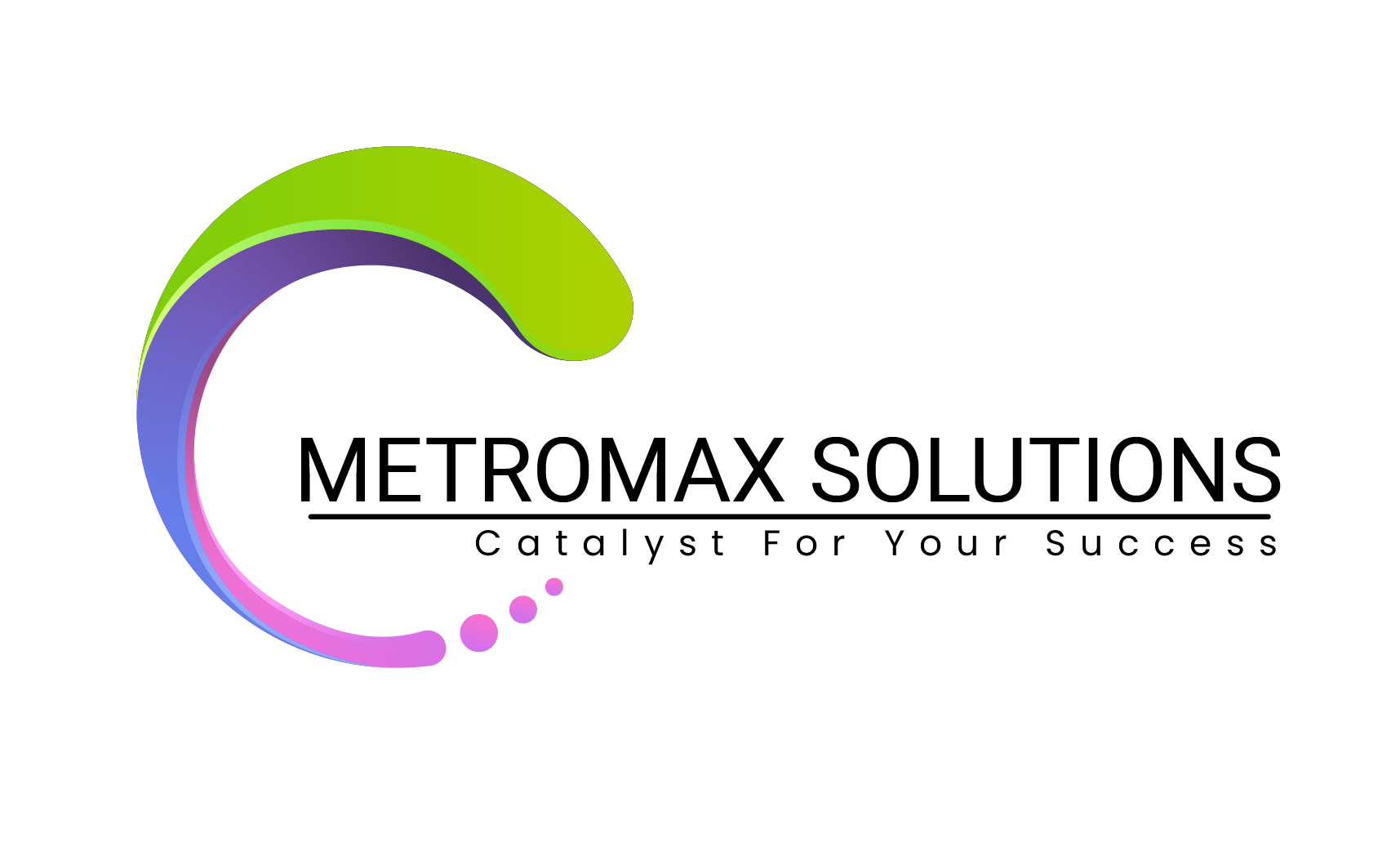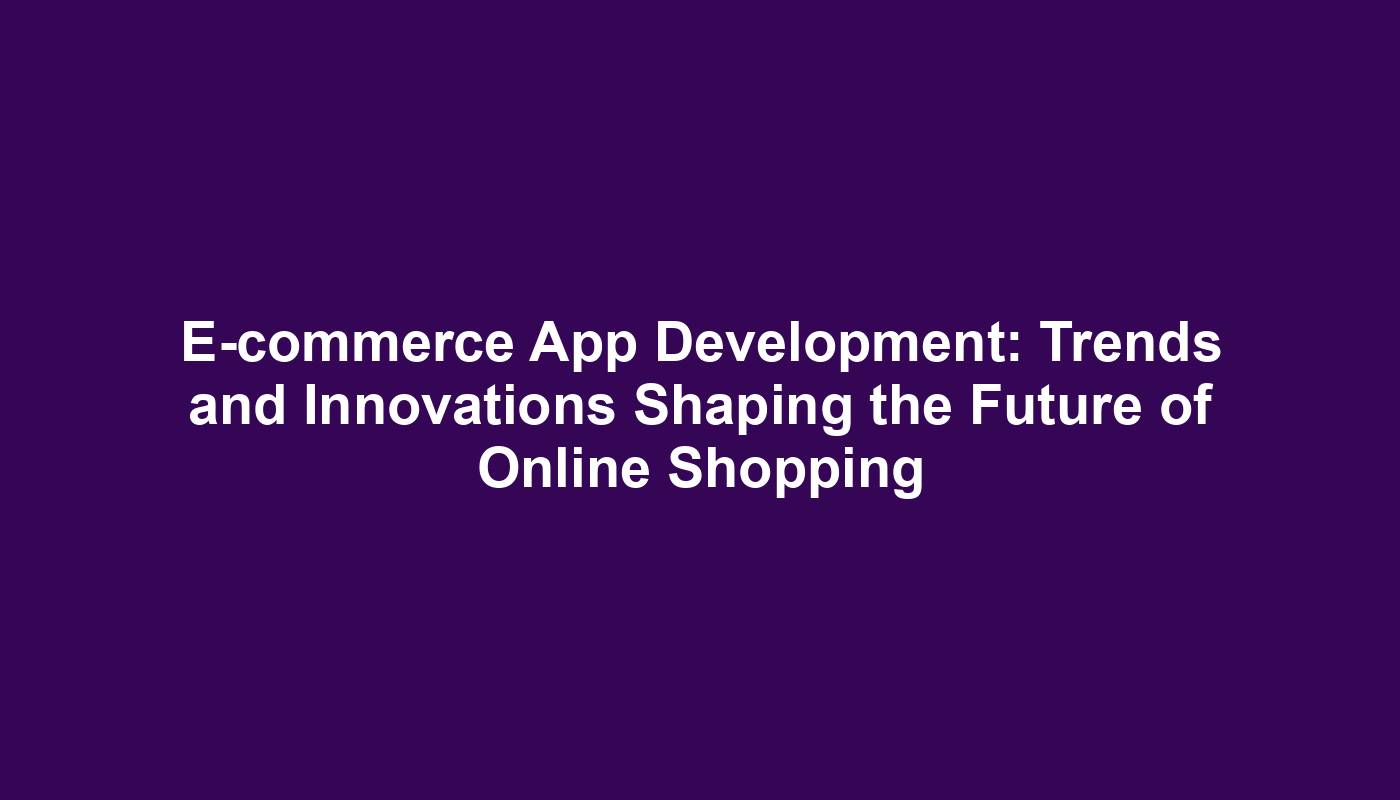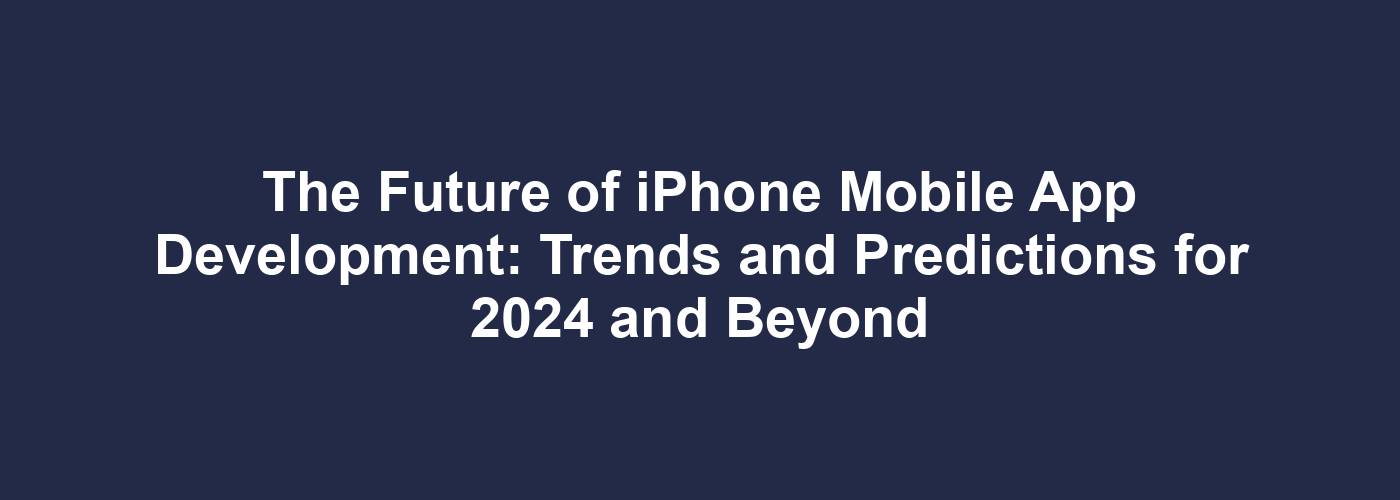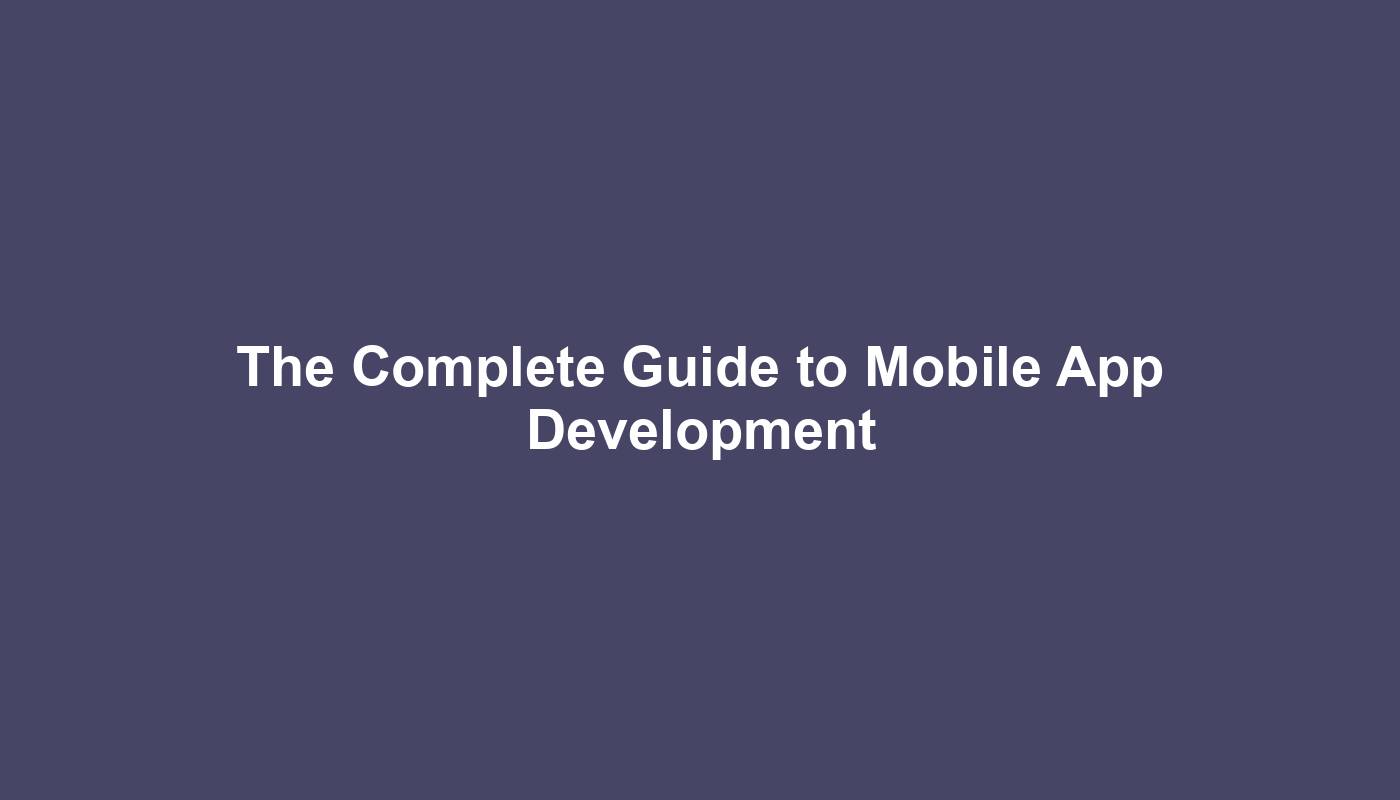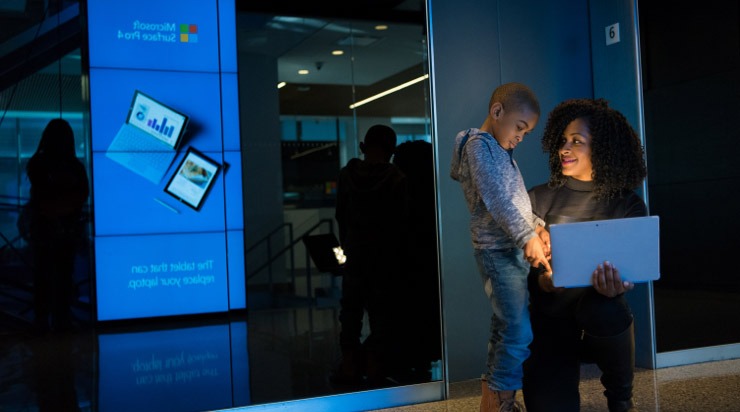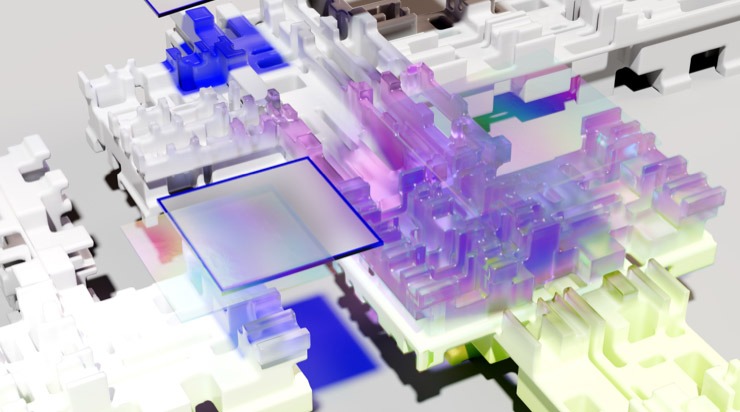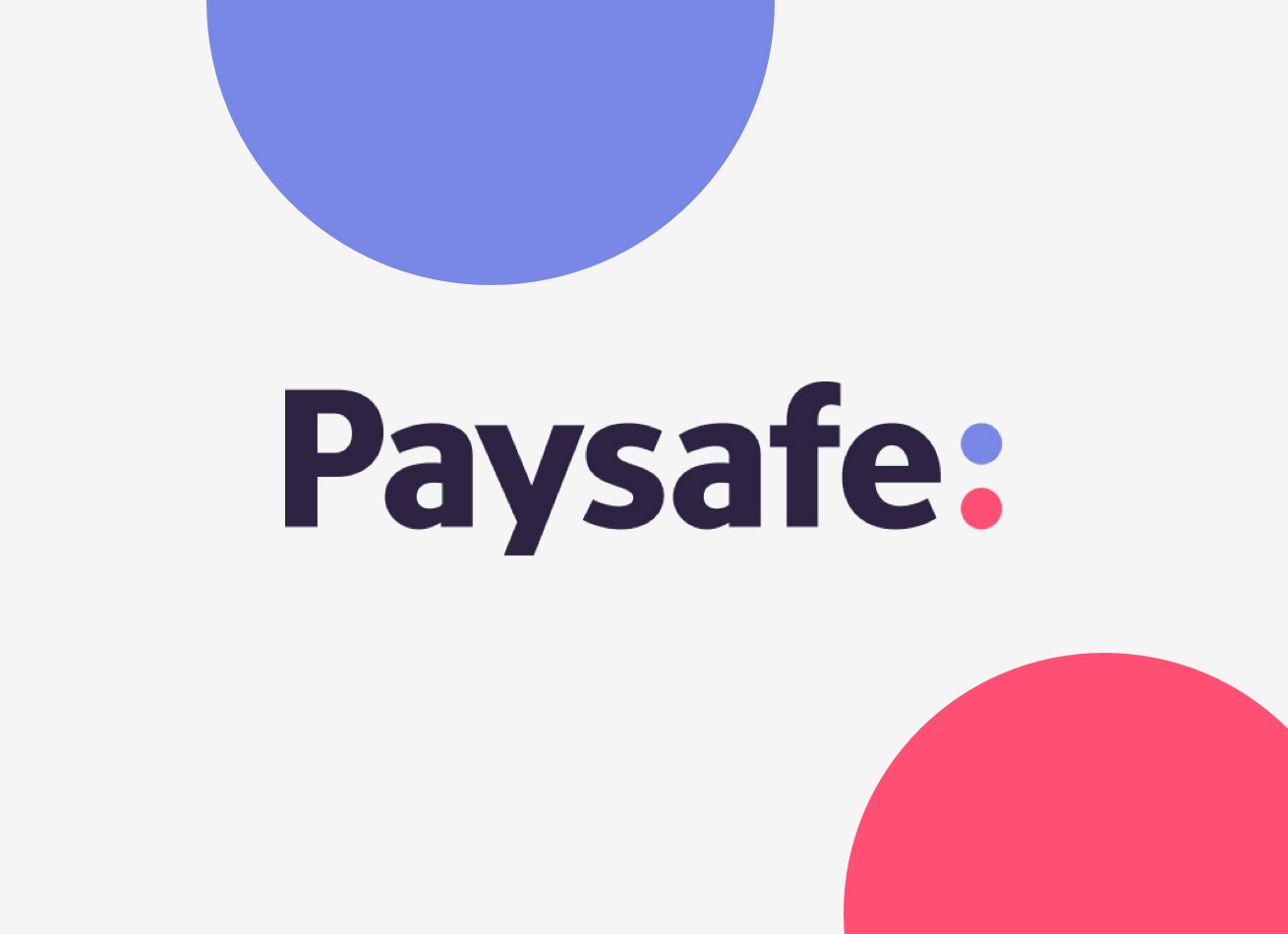Healthcare App Development: Seizing Opportunities, Overcoming Challenges
The intersection of healthcare and technology has given rise to a burgeoning field known as healthcare app development. These applications, designed for both patients and healthcare professionals, promise to revolutionize the delivery of medical services, enhance patient engagement, and improve health outcomes. However, alongside these opportunities lie significant challenges that must be addressed to ensure the safe, effective, and ethical integration of technology into the healthcare landscape.
Opportunities in Healthcare App Development
- Improved Patient Engagement: Mobile health apps empower patients to take an active role in managing their health. They can track their symptoms, medications, appointments, and access educational resources, leading to better adherence to treatment plans and improved health outcomes.
- Remote Patient Monitoring (RPM): RPM apps enable healthcare providers to monitor patients’ vital signs and health data remotely. This is particularly beneficial for patients with chronic conditions, reducing hospital readmissions and improving disease management.
- Telehealth and Telemedicine: These apps facilitate virtual consultations, allowing patients to connect with healthcare professionals from the comfort of their homes. This improves access to care, especially for those in rural or underserved areas.
- Mental Health Support: Mental health apps offer a discreet and accessible platform for individuals to seek help, track their mood, access therapy resources, and connect with mental health professionals.
- Medication Management: Apps can help patients manage their medications, track dosages, set reminders, and even order refills, reducing medication errors and improving adherence.
- Data-Driven Insights: Healthcare apps can collect and analyze vast amounts of patient data, providing valuable insights for research, personalized treatment plans, and population health management.
- Efficiency and Cost Reduction: By automating tasks, streamlining workflows, and enabling remote care, healthcare apps can improve efficiency and reduce healthcare costs.
Challenges in Healthcare App Development
- Regulatory Compliance: Healthcare apps must comply with strict regulations like HIPAA (Health Insurance Portability and Accountability Act) in the US, which govern the privacy and security of patient health information. Ensuring compliance can be complex and costly.
- Data Security and Privacy: Protecting sensitive patient data from breaches is paramount. Developers must implement robust security measures, including encryption, access controls, and regular security audits.
- Interoperability: Many healthcare systems use different electronic health record (EHR) systems, making it challenging to seamlessly integrate health data across platforms. Interoperability is crucial for a comprehensive view of patient health information.
- User Adoption: Convincing patients and healthcare professionals to adopt and use new apps can be difficult. The app must be user-friendly, offer real value, and seamlessly integrate into existing workflows.
- Clinical Validation: Ensuring the accuracy and reliability of health data collected by apps is essential. Clinical validation studies are often required to demonstrate the app’s effectiveness and safety.
- Reimbursement: In many healthcare systems, reimbursement for telehealth and app-based services can be a challenge. Clear guidelines and reimbursement models are needed to incentivize the use of these technologies.
- Equity and Access: Not all populations have equal access to smartphones and internet connectivity, potentially creating disparities in healthcare access through apps. Developers must consider strategies to address these inequities.
The Future of Healthcare App Development
Despite the challenges, the future of healthcare app development is bright. Advancements in artificial intelligence (AI), machine learning, and wearable technologies are poised to transform healthcare delivery further. AI-powered apps can offer personalized health recommendations, predict disease risks, and even assist in diagnoses. Wearable devices can continuously monitor health data, providing real-time insights for both patients and providers.
The COVID-19 pandemic has accelerated the adoption of telehealth and mobile health technologies. As the healthcare landscape continues to evolve, the demand for innovative and effective healthcare apps will only increase. By addressing the challenges and embracing the opportunities, app developers and healthcare providers can collaborate to create a future where healthcare is more accessible, personalized, and patient-centered.
